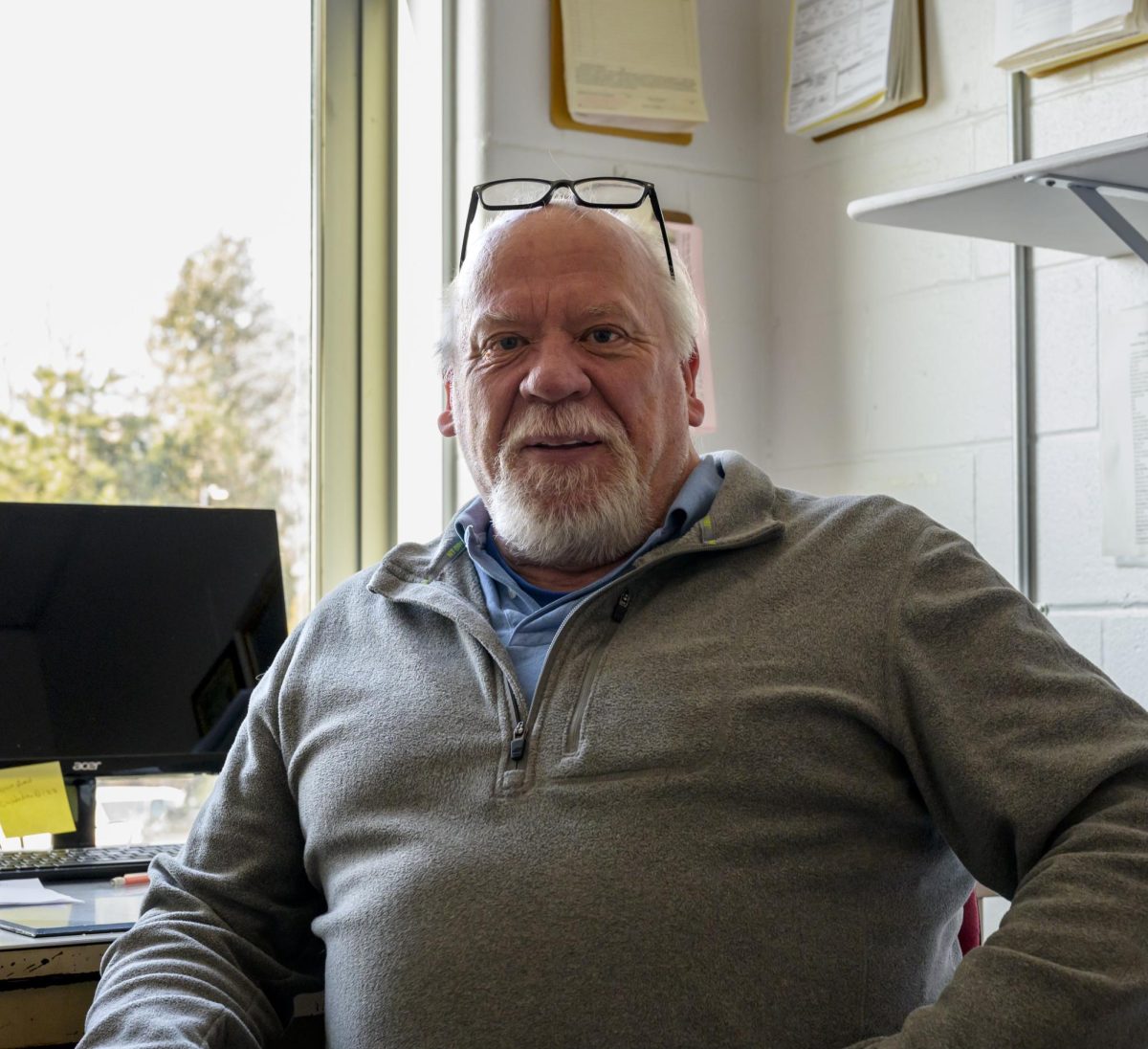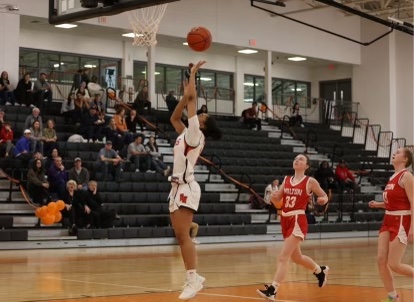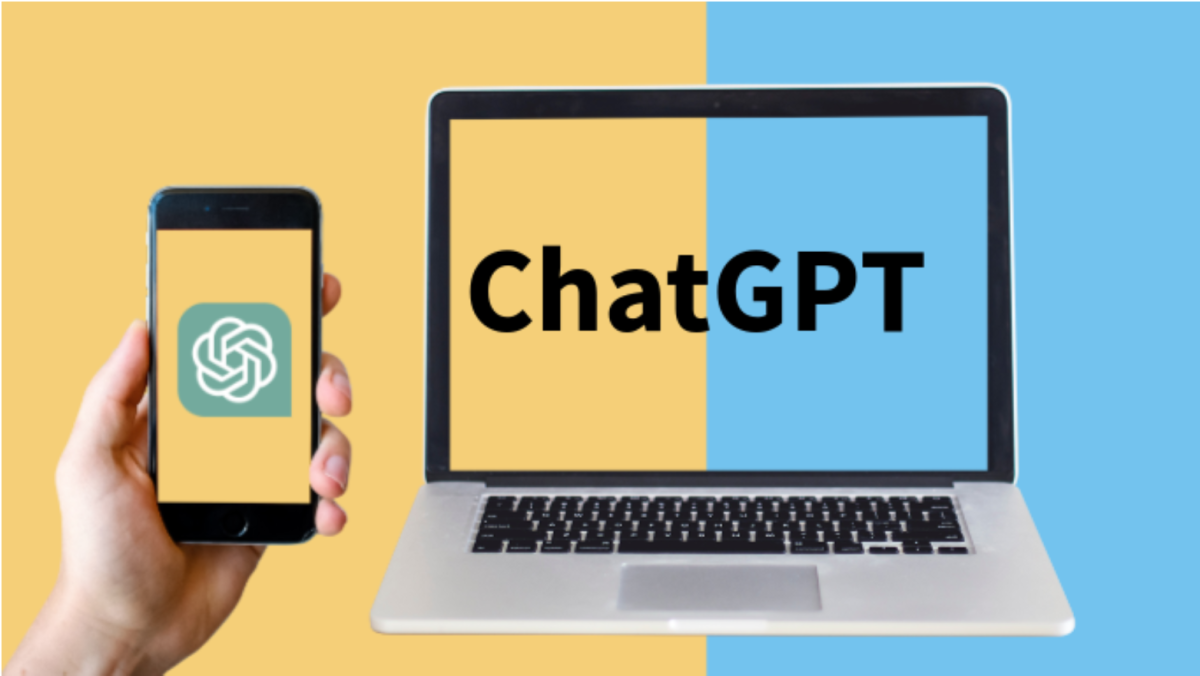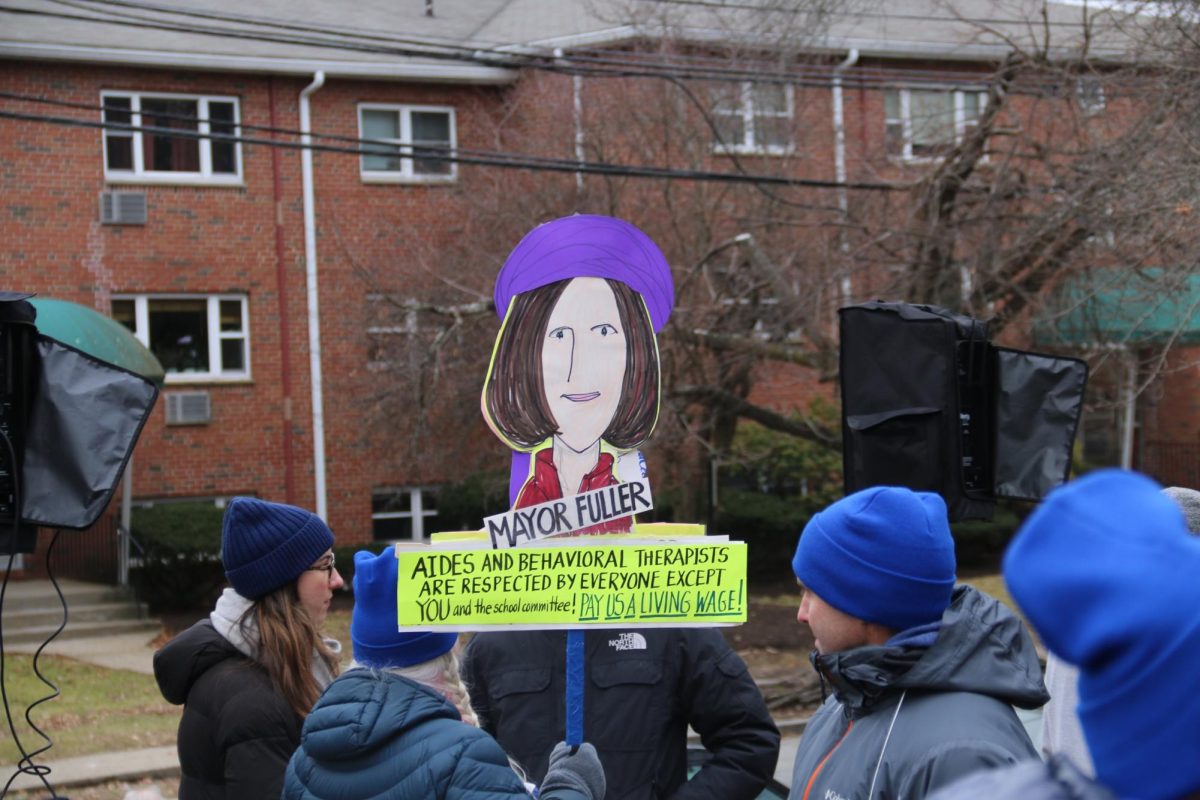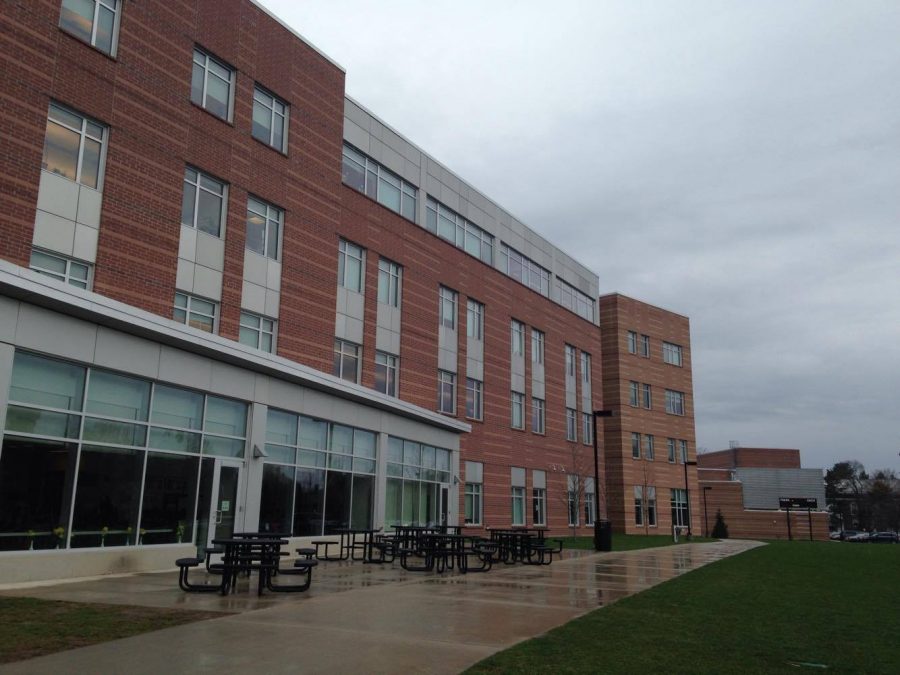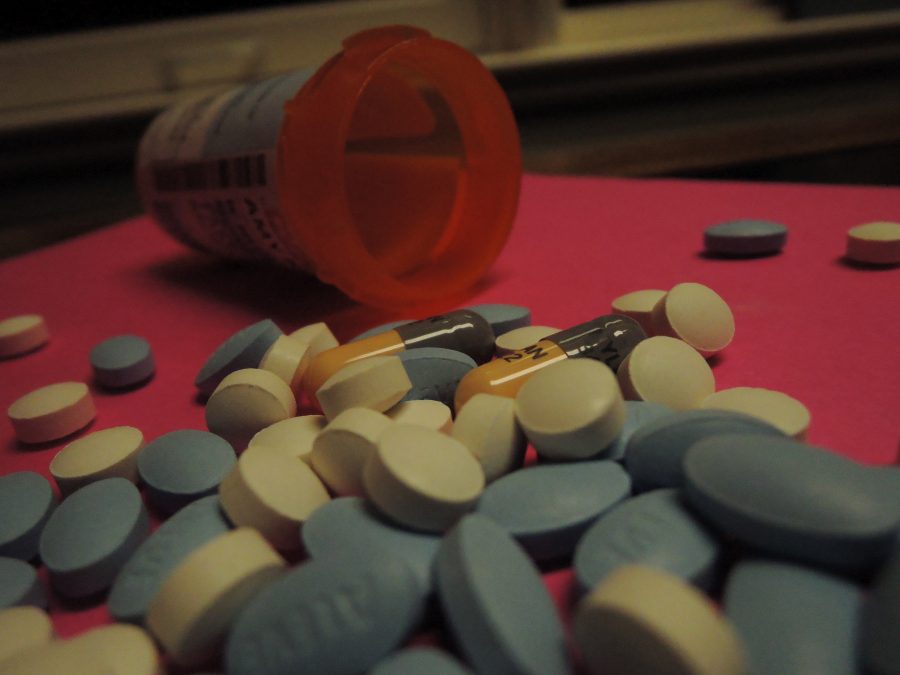by Alex Feit
Note: The real names of the students interviewed for this article have been changed to Chris Donohue, Sarah Smith, and Bruce Thompson to protect their identities.
The SATs were fast approaching. He knew, of course, that the three hour and 45 minute test would require as much concentration as possible. Yet, he also knew that this type of intense focus had always escaped him.
He needed a kick.
“When I explained the problem to my friends, they were like, ‘Oh yeah, Adderall will help with that—it helped me,’” said senior Chris Donohue.
In the past year, the United States has not only seen a rise in Adderall prescriptions—medication aimed at treating Attention Deficit Disorder (ADD) and Attention Deficit Hyperactivity Disorder (ADHD)—but also an increased prevalence and awareness of Adderall use and abuse.
The media has frequently profiled the dangers of a supposedly pervasive practice and the subsequent fatalities of these Adderall abusers. In schools across the country, study drugs—prescription stimulants, including Adderall—have become a hot button topic.
With mounting pressure to succeed, it seems that a growing number of students have turned towards the illegal use of study drugs. But, does this trend apply to this school?
FIRST HAND EXPERIENCES
For Donohue, reading comprehension was the main portion of the SATs that required his absolute attention. Normal methods of preparing were wearing thin.
“I needed to be able to read fast, without thinking about other things while I was reading,” Donohue said. “That was my main difficulty.”
Friends recommended that Donohue try some Adderall before the test last June. He agreed, but told himself that he would only use it once: for the SAT.
To test how he would respond to the pills, Donohue said that he took one pill in school on a day that he had tests and quizzes.
He said he received several 20 mg slow-release tablets of Adderall from a reliable friend who had a legal prescription.
“On that day, I felt as if I took better notes, did better on my quizzes, and had more mental stamina,” Donohue said. “It wasn’t like I was somehow ‘twice as focused,’ but I definitely felt something. There was a difference in my academic performance.”
Although he admits he studied more effectively in advance of the SATs the second time, when he took them with Adderall, Donohue said that he received a 120-point increase over his previous scores.
Senior Sarah Smith was in a similar predicament before she decided to take study drugs, specifically Adderall.
One of her Advanced Placement classes had been giving her a lot of trouble.
“For me, it was like, ‘Wow, this class has a lot of work, a lot of material to get through,’” Smith said. “I had been really used to coffee, and it wasn’t working anymore. I needed something else.”
After asking a cousin with severe ADHD for some of her prescription, Smith said she used the medication to study for a test last fall and for finals at the end of the school year.
“I felt that I was more engaged, and I really wanted to read my textbook,” Smith said. “I was wired up until 5 a.m.”
Due to the demand for Adderall, senior Bruce Thompson thought that he could make some money by selling some of his prescription for Adderall to students who wanted it last year.
“Other people knew that I had taken it in the past and were interested in it for themselves,” Thompson said. “I wasn’t really worried about getting caught because I trusted the people. It’s not a drug of addiction, it’s not a drug you get high on, so I felt that there was a low risk for me.”
Thompson sold a full pill for five dollars and a partial pill for three dollars to around ten students, whom he said “wanted it because they exhibited symptoms of not being able to focus,” Thompson said.
“It takes some stress away,” he added.
NEGATIVE EFFECTS AND CONSEQUENCES
However, for students, the stimulating effects of Adderall can often be terrifying.
“Your heart goes insanely fast, and you can feel your heartbeat in your head—you feel jittery,” Smith said. “One effect is that you get really social, and then the other is that you feel really introverted and you don’t want to talk to people, so you feel like you’re in a box.
“Taking it at seven at night is not good—it can feel scary. I didn’t feel like I was going to have a heart attack, but it definitely was an intense feeling,” she added.
Donohue also noted that he got headaches the few times he used Adderall.
Contrary to Thompson’s belief, Adderall, if abused—which is highly possible due to its chemical structure—can become a much more physically and mentally damaging substance.
According to Dr. Jonathan Benjamin, a Newton pediatrician who commonly prescribes ADHD medications, amphetamines such as Adderall affect the chemistry of the brain by increasing the release of the neurotransmitter dopamine, which is responsible for controlling focus and concentration.
Those with ADD are generally thought to have a deficiency in the amount of dopamine within synapses in the brain, leading to an inability to sustain focus for an extended amount of time, Benjamin said.
With proper dosage and supervision, medications such as Adderall can help those individuals improve their concentration to normal levels, Benjamin said.
However, he added, when someone who does not have ADD takes Adderall, the surge of dopamine and other stimulating neurotransmitters within the brain can cause that person to have an above average level of alertness.
In addition, according to drug counselor and social worker Alison Malkin, anyone who uses a prescription drug that is not his or her own runs the risks of developing serious complications including insomnia, decreased appetite, increased anxiety, high blood pressure, and increased heart rate, among a litany of other potential side effects. The risk of addiction to or withdrawal from Adderall is also prevalent, she said.
Similarly, Benjamin noted that “when used in the wrong doses, or taken via injection or snorting, Adderall can be fatal.”
There are also legal implications for using or selling substances illicitly. Under Massachusetts law, if a student uses a prescription that is not his own or sells his prescription to a third party, public schools within Massachusetts have a right to intervene and take disciplinary action.
However, the administration has not had many disciplinary infractions over the use or selling of Adderall or related medications. Principal Jennifer Price said that the last case that rose to her level was six years ago.
EXTENT OF USAGE AND EFFECTIVENESS
Despite the volume of national coverage on Adderall and the perception among students that illicit Adderall use does exist at this school, the popularity of it as a useful and widely used substance appears somewhat limited in scope.
According to the 2012-13 Newton Public Schools (NPS) Youth Risk Behavior Survey, roughly five percent of Newton high school students have self-reported using these study drugs to “stay awake” at least once in the past 12 months.
Similarly, Thompson estimated that likely more than 50 current students at this school can admit to taking Adderall at some point during their time in high school, which roughly corroborates the statistics released by NPS.
“I definitely think that as you get older in high school, you start to realize that more people do use Adderall,” Smith said. “It’s definitely common, but I don’t think it’s a majority.”
However, Thompson suggested that users do not regularly abuse such substances, but rather take them in a controlled manner on certain occasions.
“People understand what Adderall is,” Thompson said. “They know what it’s used for and they know the times you’re supposed to take it.”
And while the statistics report a five percent rate of usage at this school and South, the overall Adderall use over the years does not indicate a significant upward trend, if any at all.
In the cases of Smith and Donohue, they used Adderall in preparation for high-stakes testing or for an important project that needed to be completed for school. However, both were turned off of using it any further after deciding it was not that effective.
“I realized it really didn’t do that much,” Donohue said. “It does help you access what you already know more efficiently. But it doesn’t help you know more, like in the movie Limitless, where you just get unlimited brain potential.”
“It was a one-time thing,” Donohue added.
Thompson similarly said, “If someone were to not study for a test, and take an Adderall, he or she would not score better than someone else who didn’t put in the work.”
In addition, Smith felt that any sort of reliance on Adderall would be detrimental in her pursuit of academic achievement.
“I just felt like it wasn’t an appropriate medication considering that I don’t have ADD,” Smith said.
Given the other legal substances that students can use to increase their focus in school, determining a position on how to treat Adderall may only be able to be discussed in shades of gray, said Price.
“We have things in our country like Five Hour Energy, or Red Bull, and they’re advertising this all over the nation,” Price said. “They supposedly help get you through those tough times. So where’s the line?”
Price added, “We don’t have an honor roll, we don’t give A+’s, we do a lot of things to not try to increase the stress, but the reality is, in our world, especially as students are thinking about what happens after high school, kids feel stress. I don’t know how much a high school can combat that.
“We try to give a lot of information, mental health support, and counseling,” she said.
In the end, if a student needs to go through that late night cram session before a test, Benjamin recommends a tried and true method.
“Drink a cup of coffee,” Benjamin said. “Caffeine has similar effects to Adderall, but because you take it as a drink, you limit the dose you take. It’s more safe.”
Malkin still urges caution in portraying the misuse of prescription drugs as a non-issue.
“I think it’s an issue in a lot of communities,” Malkin said. “There’s definitely a part of me that says, ‘Hey, it is only at five percent.’ Is that still more than I would like? Yes, of course.
“I’m hopeful because the rate isn’t increasing, but I’m still worried about those students that continue to misuse.”
Malkin also insisted that no pill can completely solve any problem.
“There is no magic bullet,” Malkin said.
Breaking News
- February 1Foreign exchange program departures set to proceed on schedule amid teacher strike
- February 1Teacher strike reaches two full weeks as contract negotiations continue to progress
- January 31Newton parent files lawsuit against NTA amid prolonged strike
- January 31Committee anticipates new union proposal on thirteenth day of strike
- January 30Rejected contract proposals prolong negotiations amid ongoing teacher strike
- January 28School days in jeopardy as contract negotiations continue, NTA compromise package awaits approval
- January 25Teachers strike marks seventh day with progress in ongoing negotiations
- January 25Controversy surrounds NPS instagram posts criticizing teachers’ strike
- January 25Congresswoman Ayanna Pressley supports Newton Teachers Association in urgent call for education funding
- January 23Teachers continue strike amid fines and ongoing negotiations
TOP POSTS
- Wrestling Head coach John Staulo honored with induction into New England Hall of Fame after 27 years of coaching at North
- North's jazz ensemble strikes gold at MAJE regional festival
- Art Major IV students paint new generation of murals
- Winter varsity dance team shines at UDA nationals despite budget cuts
- New cafeteria lunch containers help make North more sustainable
- Boys hockey falls to Weymouth at annual senior night
- Chicago brings the roaring 20s to Lasker Auditorium
- Improv Jam provides the audience with a top-tier experience interacting with the show
- Sophomore speeches showcase variety of underrepresented topics
- Mean Girls Adaptation Lacks Spark of Original Movie
TRENDING STORIES
Follow Us on Twitter
PRINT SPECIALS
Use and abuse of Adderall: Students describe experiences, adults comment on drug usage
January 24, 2014
Leave a Comment
Donate to The Newtonite
More to Discover







